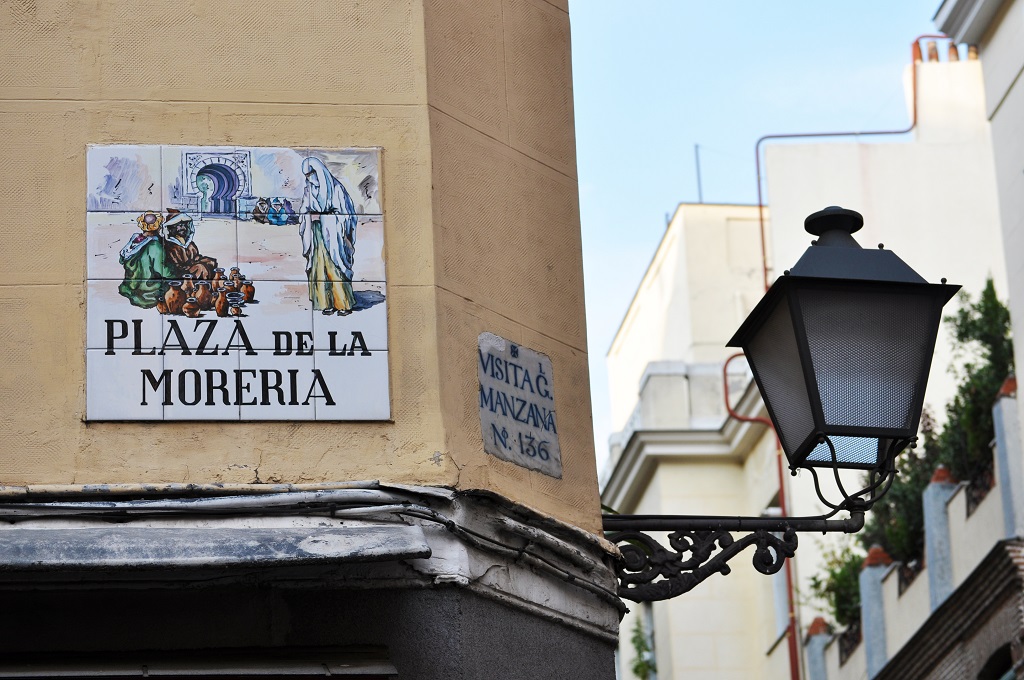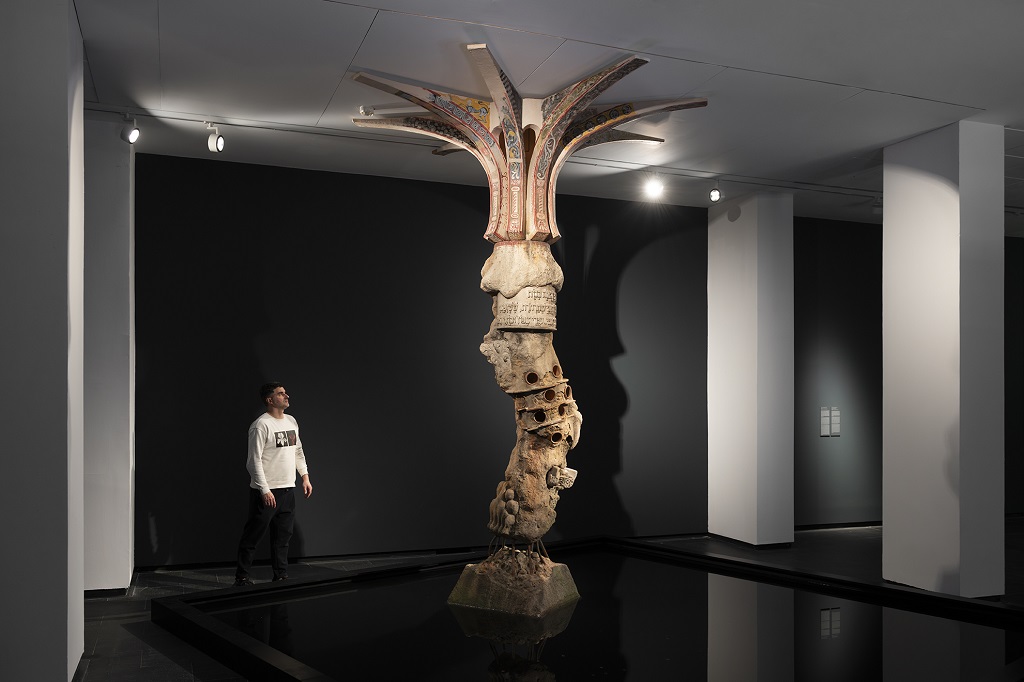- CA2M MUSEUM
- Activities
- STROLL THROUGH ISLAMIC MADRID. BETWEEN HISTORY AND MEMORY.
STROLL THROUGH ISLAMIC MADRID. BETWEEN HISTORY AND MEMORY.

Picture: Daniel Gil Benumeya.
Madrid has a long and little-known Islamic legacy which is intertwined with the city’s history in a way that challenges the political and media discourses that present Islam and Muslims as unwanted, recent foreign arrivals. Madrid was founded in the eleventh century with the mixed name of Maŷrit and is the only current European capital with Islamic roots.
Its first history was written in Arabic, as were the names of its first known inhabitants. For 220 years, Madrid belonged to the broad Arab-Islamic geographic and cultural space that extended from the Duero River to the Sahara Desert, from the Atlantic Ocean to the Indus River. After being conquered and incorporated to the Kingdom of Castile in the late eleventh century, Madrid still had an Islamic presence for 500 more years through its Mudejar, Morisco and slave minorities.
This historical legacy is barely known because the history of Madrid has been recounted in light of its status as the urbs regia, the seat and symbolic embodiment of a power that has been presented as essential and exclusively Catholic and European, which has consequently tended to erase the material and symbolic traces of a past that was considered unsuitable. However, unexpected, subtle phantasmagorias of this past, both tangible and intangible, still exist in Madrid today and even inhabit the icons of Madrid’s identity.
This activity suggests a tour around different spaces of memory to engage in a reflection on the history and memory of Madrid in relation to concepts like identity, alterity, mestizaje and diversity.
Wednesday 19 June. 6-8 pm. Free activity with advance registration. Capacity: 25 people.
Daniel Gil-Benumeya, 1970. He was raised between Rabat and Madrid in a family associated with the imagined and cross-border geography of southern Spain. His academic training is in the field of Arab and Islamic Studies, and outside the academy he was trained in the neighbourhood community of Lavapiés and other areas of Madrid. He is currently a professor in the Department of Linguistics and Oriental Studies at the Universidad Complutense de Madrid and scientific coordinator of the Centro de Estudios de Madrid Islámico (CEMI), which is affiliated with the Fundación de Cultura Islámica (FUNCI). His main line of research involves a range of issues associated with the past and present of Islam and populations considered Muslim in Europe. He specifically examines the processes of constructing identity and alterity and the role played by social representations of history and memory in this construction.
AFORO: 25 PERSONAS

Déjà Vécu is her first solo exhibition in a public institution in Madrid. The exhibition is the result of an in-depth exchange between the artist and the curator over the past five years, during which they set out to critically review historical narratives, cultural hierarchies and the construction of collective identity in the context of the Iberian Peninsula.